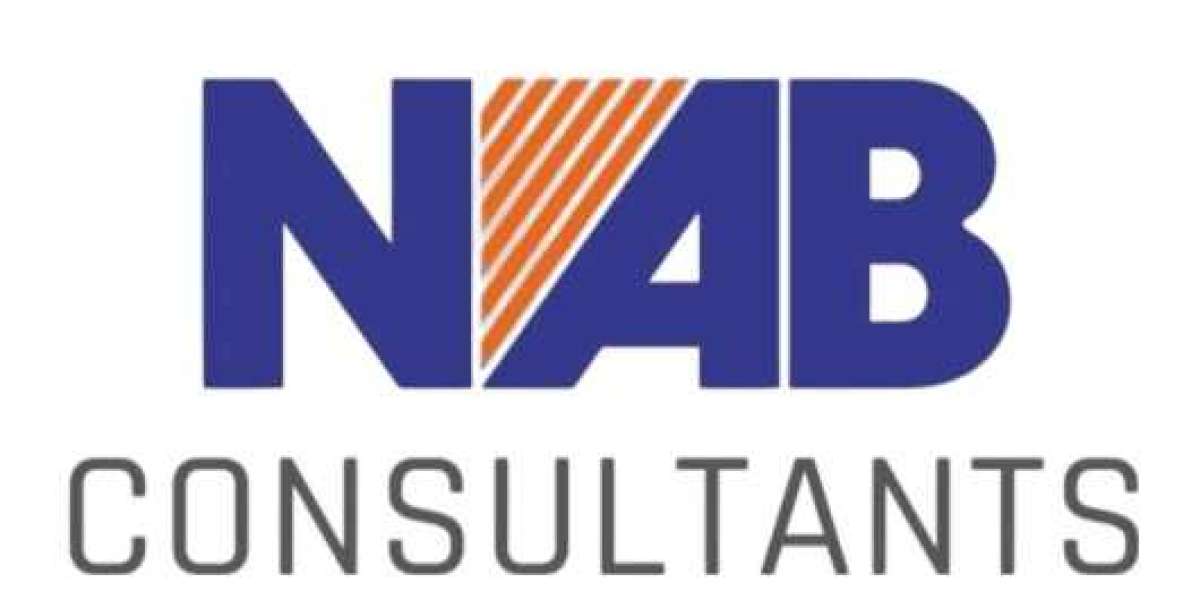Corporate tax compliance in Dubai has become a key concern for companies in the UAE, especially with the introduction of the new corporate tax law in 2023. Dubai, known for its business-friendly environment, is now adapting to global tax standards, and businesses must stay informed about their tax obligations. Whether you're a local company or an international enterprise, understanding corporate tax compliance in Dubai is essential for your business’s success.
What is Corporate Tax Compliance?
Corporate tax compliance refers to a business’s obligation to follow the local tax laws by accurately reporting income, expenses, and taxes to the government. With the new tax law implemented in 2023, Dubai businesses must now file taxes on their profits. The corporate tax rate is set at 9% for profits exceeding AED 375,000.
For businesses with earnings below this threshold, corporate tax is not applicable. However, even small businesses must ensure proper tax registration and compliance to avoid penalties.
Why is Corporate Tax Compliance Important?
Corporate tax compliance is vital for several reasons. First, failing to comply with tax laws can result in heavy fines and legal penalties. The UAE government is enforcing tax compliance strictly, and businesses must file accurate tax returns to avoid issues.
Second, paying taxes is essential for supporting national infrastructure and public services. By complying with corporate tax laws, businesses contribute to the country’s economy and growth.
Lastly, proper tax compliance ensures transparency. It improves trust with investors, partners, and clients, showcasing that your business operates ethically and responsibly.
Key Aspects of Corporate Tax Compliance in Dubai
To ensure corporate tax compliance in Dubai, businesses need to follow a few essential guidelines:
Registering for Corporate Tax:
Businesses with profits exceeding AED 375,000 must register for corporate tax with the Federal Tax Authority (FTA). This registration allows businesses to obtain a Tax Registration Number (TRN), which is needed for filing tax returns.
Accurate Record-Keeping:
Maintaining detailed financial records is crucial for tax compliance. Businesses should keep track of all income, expenses, and transactions. These records must be available for at least five years.
Filing Tax Returns:
Businesses must submit their corporate tax returns to the FTA annually. These returns should include comprehensive details about income, expenses, and any deductible costs.
Understanding Deductible Expenses:
Dubai businesses can deduct certain expenses from their taxable income, such as rent, employee salaries, and operational costs. Knowing which expenses are deductible can reduce your taxable income and lower your tax liability.
Tax Incentives and Exemptions:
Dubai offers various tax incentives, especially in free zones. Some businesses can benefit from tax exemptions or reduced rates, depending on the sector they operate in. Exploring available tax incentives can help businesses save money.
How to Stay Compliant with Corporate Tax in Dubai
Ensuring compliance with corporate tax in Dubai involves adopting best practices and staying updated with the latest regulations:
Hire a Tax Consultant:
Navigating tax laws can be complex, especially for businesses unfamiliar with the system. Consulting with a professional tax advisor or accountant can help ensure that your business follows all necessary regulations and deadlines.
Use Accounting Software:
Investing in reliable accounting software can make it easier to track your business’s finances, calculate taxes, and generate reports for tax filing. Automated systems help reduce errors and ensure accuracy in record-keeping.
Monitor Tax Deadlines:
It’s essential to stay on top of tax deadlines to avoid penalties. Mark important dates, such as the deadline for filing tax returns and making payments, to ensure timely compliance.
Keep Updated with Tax Changes:
Tax laws are constantly evolving. It’s important for businesses to stay informed about any changes to the tax system in Dubai. Regularly check official updates from the Federal Tax Authority (FTA) or consult with tax experts.
Plan for Tax Payments:
Businesses should set aside funds for tax payments to avoid cash flow issues. By planning ahead, you can ensure that your business has enough liquidity to meet tax obligations without financial strain.
Common Mistakes to Avoid
While navigating corporate tax compliance in Dubai, businesses should avoid the following mistakes:
Neglecting Registration: Failing to register for corporate tax can lead to penalties. Ensure your business is properly registered with the FTA if your profits exceed the threshold.
Inaccurate Financial Reporting: Underreporting income or inflating expenses can lead to tax audits and severe penalties. Always ensure that your financial reports are accurate and truthful.
Missing Deadlines: Late filing of tax returns or payments can incur fines. Set reminders and seek help from professionals to ensure you meet all deadlines.
Overlooking Deductible Expenses: Some businesses fail to claim allowable deductions, which could reduce their taxable income. Make sure to review the list of deductible expenses to optimize your tax filings.
Conclusion
In conclusion, corporate tax compliance in Dubai is an essential part of doing business in the region. With the introduction of the new corporate tax law, businesses must ensure they are registering, filing accurate returns, and following all tax regulations. Staying compliant not only helps avoid penalties but also contributes to the economic development of Dubai and the UAE.
By consulting tax professionals, keeping proper records, and staying informed about updates in tax laws, businesses can navigate the new tax system smoothly. As Dubai continues to evolve as a global business hub, ensuring corporate tax compliance will help businesses thrive and contribute to the overall growth of the nation.














